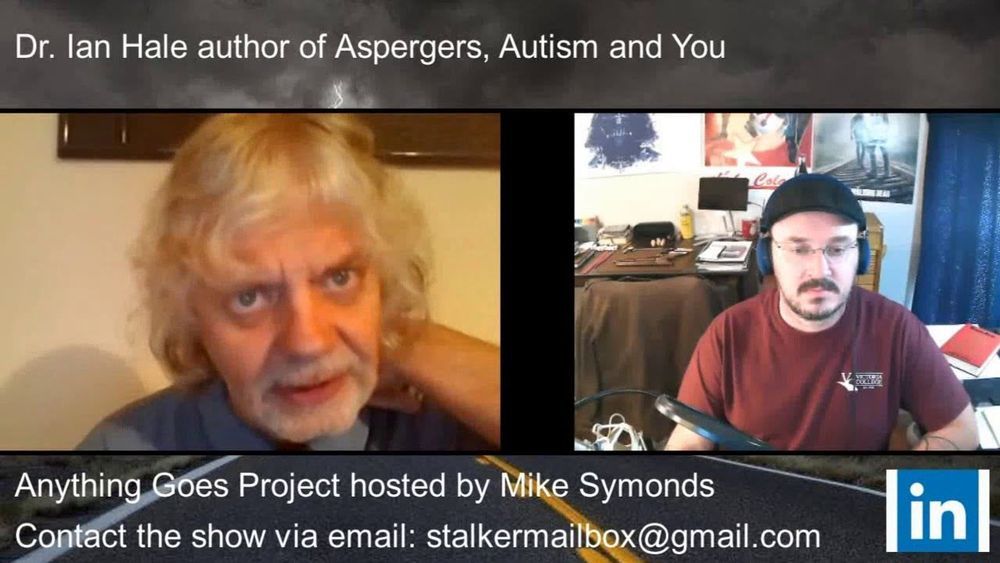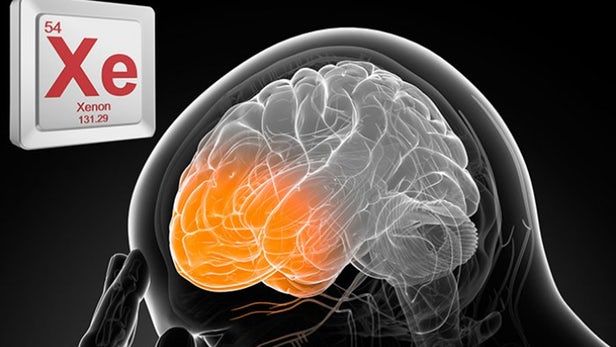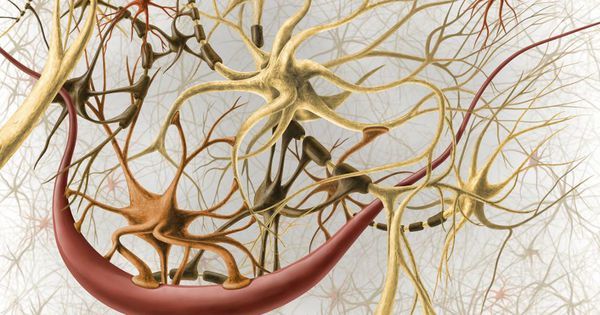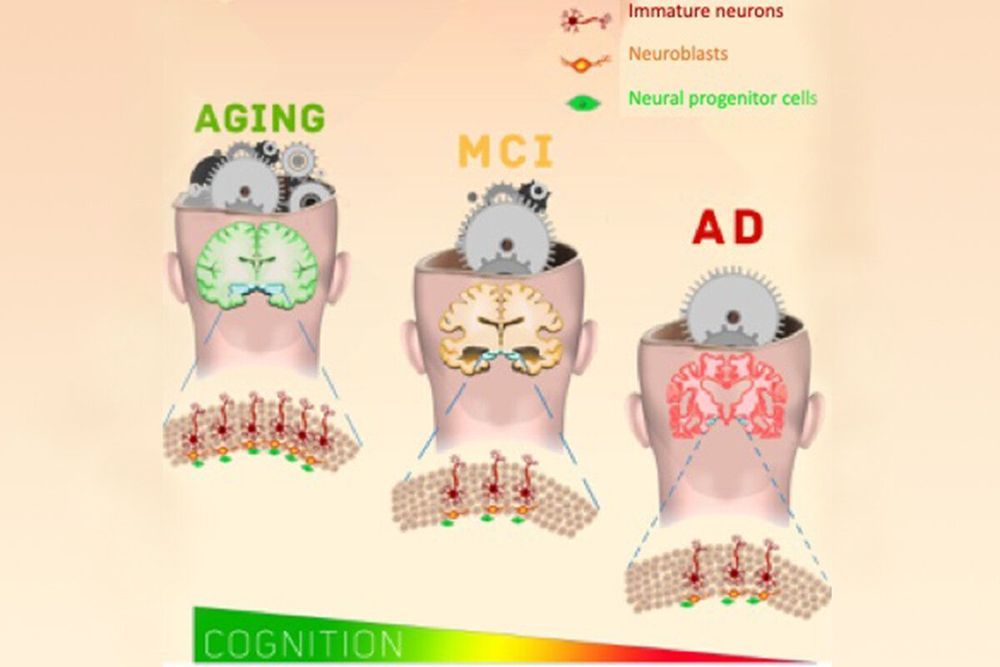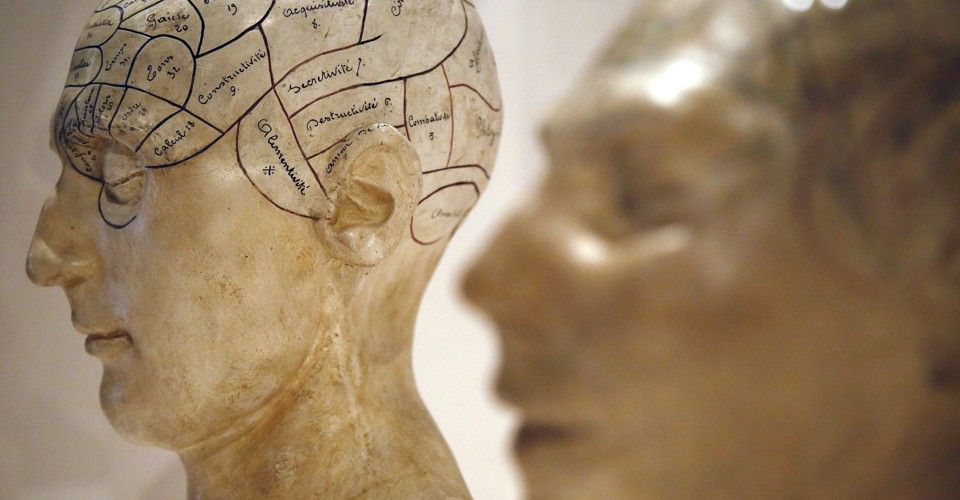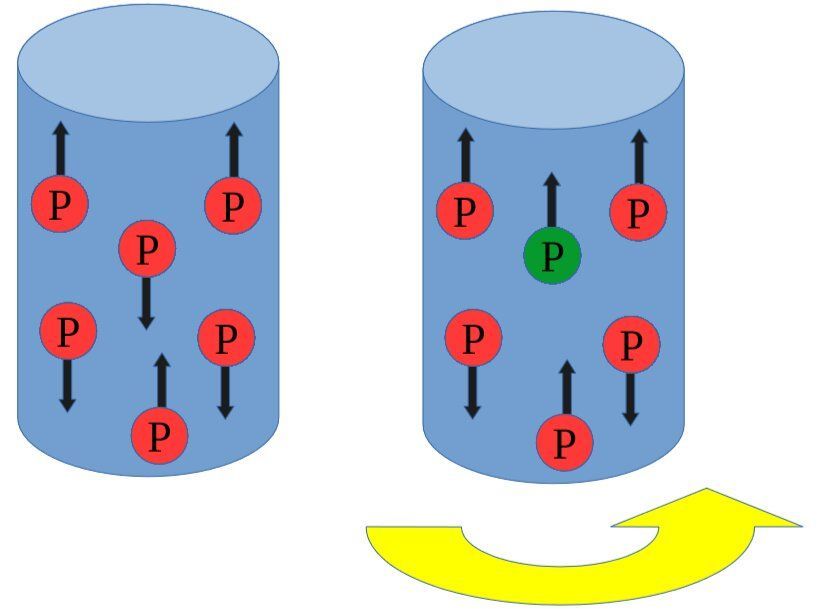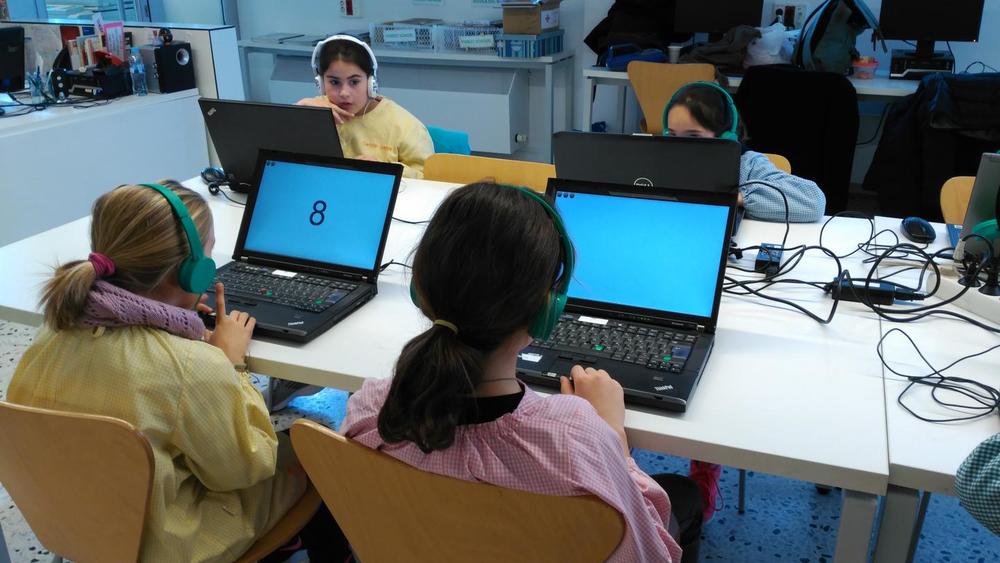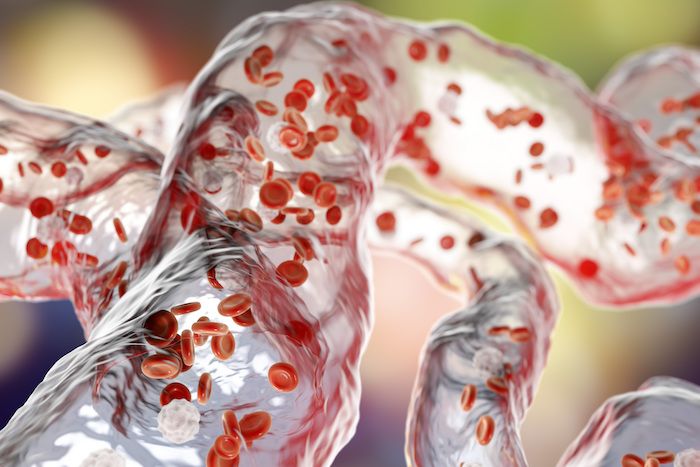Dr. Hale is a Highly Professional and Experienced Influencer, problem-solving educator and researcher. A multi-award-winning author and speaker on Autism and Aspergers. He is able to explain, design, and administer a wide range of strategies, coaching, and courses to levels in an effective and flexible manner within a broad spectrum of different environments.
His latest book can be found here: https://www.amazon.com/Aspergers-Auti…
Thanks for watching. Please hit the subscribe button, tell a friend, or give us a thumbs up. It helps the show to be seen.
The show can be found on Itunes, Google Play, Castbox, Spotify, TuneIn, Podbean or anywhere a podcast can be heard. You can View some of the shows from our Live Stream here: https://www.youtube.com/user/AGPfacecast
Don’t forget, we have a phone number for you to leave a voice mail. 361−433−5739.
Today’s episode is brought to you by M&C Designs and The Wizards Workshop.
